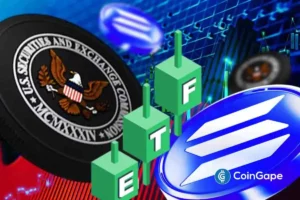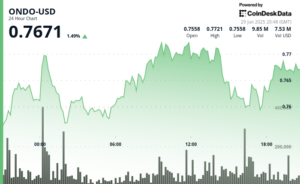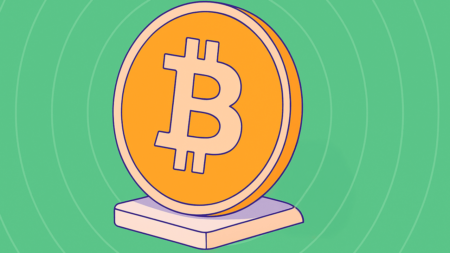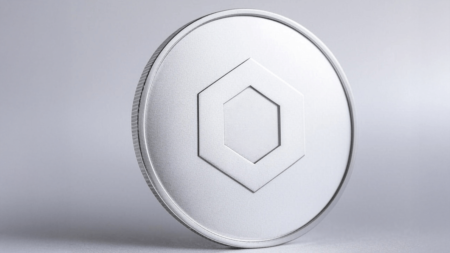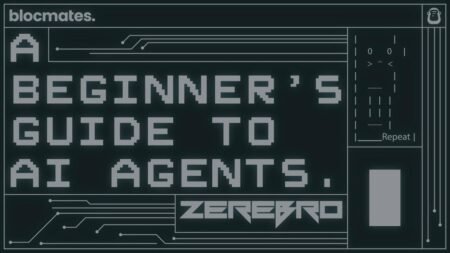The ongoing debate between Ethereum and Solana has been a hot topic in the blockchain industry as both platforms offer unique advantages and features. Ethereum, being the dominant player in the decentralized finance (Defi) space, is often seen as the top choice for stability and institutional-grade projects. On the other hand, Solana is gaining traction due to its lightning-fast speed and affordability.
When comparing Ethereum and Solana, it is essential to understand their differences in scalability, decentralization, and transaction speed. Ethereum, the first platform to introduce smart contracts, has faced challenges in handling high transaction fees and slow processing times. In contrast, Solana has gained popularity for its high throughput and low transaction costs, making it an attractive option for developers and users alike.
As the competition between Ethereum and Solana intensifies, it remains to be seen which platform will emerge on top. While Ethereum’s established reputation and widespread adoption give it a competitive edge, Solana’s technical advancements and focus on scalability could make it a formidable contender in the long run. Ultimately, the success of Ethereum vs Solana will depend on factors such as network performance, developer interest, and user adoption.
In terms of market trends, Ethereum has consistently been a top performer in the cryptocurrency space, with a strong market cap and impressive growth potential. However, Solana’s rapid rise in value and popularity indicate that it could outpace Ethereum in relative gains. As institutional investors and mainstream adoption continue to drive the demand for blockchain technology, both Ethereum and Solana are well-positioned to capitalize on this growing market.
The rivalry between Ethereum and Solana is indicative of the dynamic and competitive nature of the blockchain industry. While Ethereum has a proven track record and a loyal user base, Solana offers a fresh perspective and innovative solutions to scalability issues. As both platforms continue to evolve and improve, it is clear that the race for dominance in Defi and blockchain technology is far from over.
In conclusion, the competition between Ethereum and Solana reflects the diversity and innovation within the blockchain industry. While Ethereum’s stability and institutional-grade projects offer a solid foundation for growth, Solana’s speed and affordability could give it a competitive edge in the long run. As the two platforms continue to evolve and adapt to market demands, it will be fascinating to see which emerges on top as the preferred choice for developers, investors, and users in the blockchain ecosystem.

